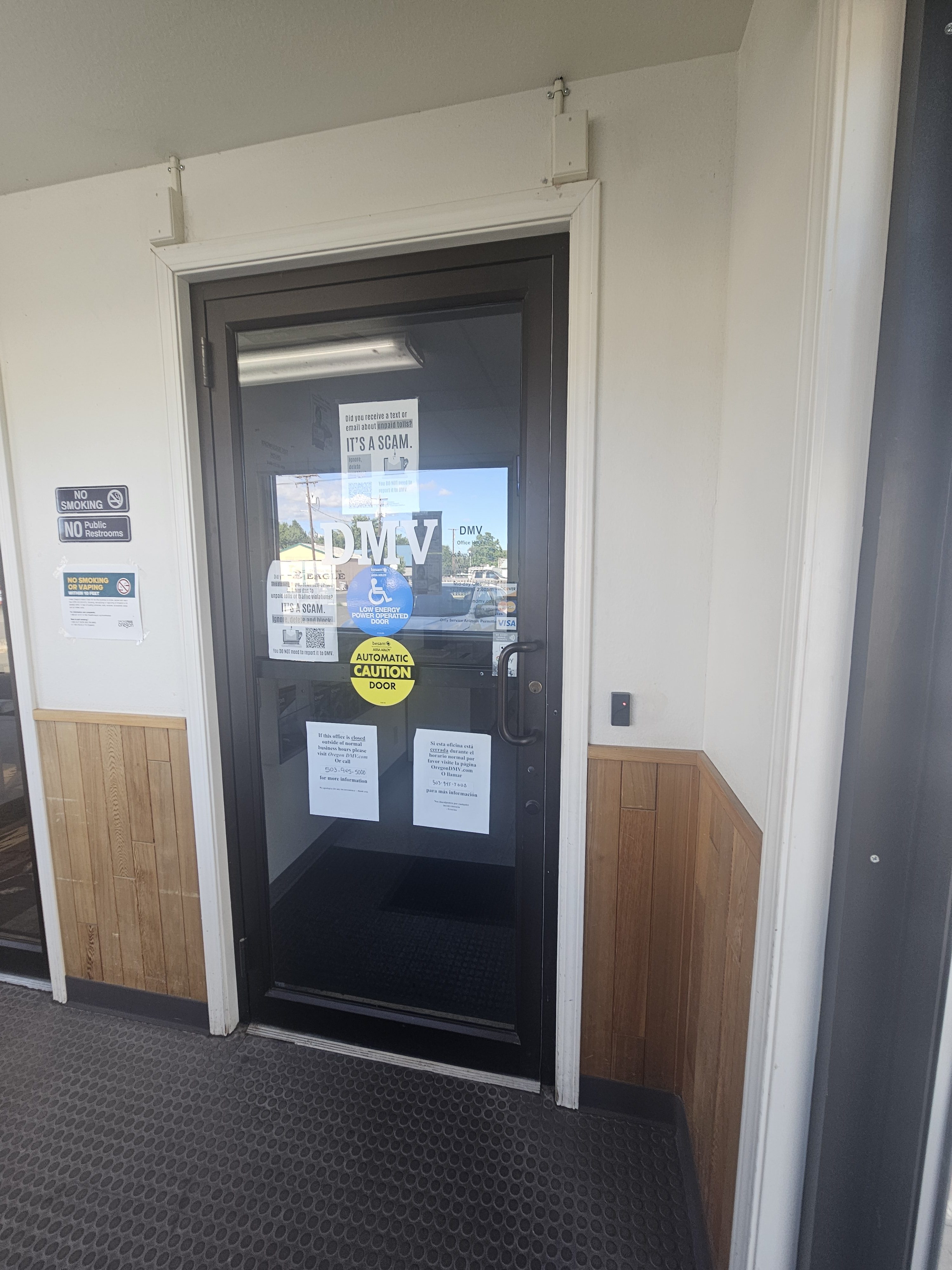No headline.
Published 11:28 am Wednesday, January 20, 2016

- Hospice provides a holistic support system for the entire family.
Blue Mountain Hospice started in 2005 and has had the privilege of serving those in Grant County who are facing a terminal diagnosis. We provide Hospice care 24/7 and we travel all over the county to provide patient care in their homes. We have 10 staff members and each one plays a special and unique role on our interdisciplinary team, in the patient and family’s home, and in creating care plans.
Trending
So how does one decide if Hospice is right for you, or your loved one? The answer is contingent on current goals, and what hospice can, or cannot do for you. Recent studies show that people who have a terminal diagnosis, that are on hospice lived nearly three months longer than those with a terminal diagnosis who were not on hospice.
Hospice is for individuals who have a terminal prognosis, and the medical goal begins focusing on comfort rather than curative. Hospice brings everything you might need into the home – hospital bed, oxygen, commode, shower bench, medical supplies, and medications. Hospice is also provided in facilities such as the Blue Mountain Care Center, Valley View Assisted Living, Serenity, Elderberry, or anywhere in Grant County that one calls home.
Signing up for Hospice doesn’t mean giving up all medical care
Trending
Transitioning to hospice means shifting the goals from curative to quality comfortable care, this often means that all treatment options have been exhausted, or when a patient decides that extensive treatment does not provide the quality of life they desire. Many patients continue taking their medications while they are on hospice if those medications will relieve or manage discomfort or pain. Our Hospice RNs see patients on a weekly basis (sometimes more frequently) and communicate the patient’s needs to their primary care physician, as well as our Medical Director, Dr. Zac Bailey.
The goal of pain management in Hospice is to enable you to live, not sedate you
There is a common misperception that hospice gives you medication to make you sleepy, when in fact we strive for the opposite. “To the contrary, if you live with pain unnecessarily, it makes you more tired and irritable, and robs you of quality life.” Karen Whitley, Author of Living at the end of Life. We administer medication to minimize anxiety and pain which is proven to be undertreated at the end of life. Our goal is to improve your quality of life through reducing your pain and discomfort, so you can spend time with your loved ones and do the things that are important to you.
Who can utilize the hospice benefit?
Medical guidelines require two physicians to certify that a person has a terminal illness that will naturally end life in six months or less. This time frame is arbitrary, as there is no biological or scientific basis for knowing positively how long one will live. Our hospice medical director, Zac Bailey, MD provides and assures our compliance with the medical guidelines that Medicare has established for eligibility.
What if we change our mind about hospice? A person can choose to revoke their hospice benefit at any time. If a person who has elected hospice decides that they do want to pursue treatment, they are able to do so at any point.
Hospice supports the entire family
Often it is not easy to witness the physical and mental decline of someone you love. A hospice nurse can help interpret what is happening and explain in a way that is comforting. If family needs a break we offer a 5 day respite at the Blue Mountain Hospital so family members can rest. Hospice is designed to support the more personal aspects of this life stage: reflecting on one’s legacy and life meaning, focusing on the relationships in a deeper and more intentional way, achieving a sense of closure, and realizing any end of life goals, such as attending a grandchild’s wedding, or getting financial affairs in order. This is one of the most critical parts of Hospice and is fulfilled by our social worker Michelle Gibson and our chaplains.
Hospice continues after death
Many people don’t realize that Hospice continues care for 13 months after a death, in a different capacity. For many of our families, their journey with hospice is only beginning once their loved one dies. Ultimately, hospice makes space for all of the body and mind’s needs. “We make a mistake in assuming that serious illness and dying is most medical. They’re fundamentally personal” Nina Angela McKissock author of From Sun to Sun: A Hospice Nurse Reflects on the Aft of Dying. Hospice provides a holistic support system; medical care, emotional and spiritual support, and bereavement services for the family. This care is structured around what is important to the patient and family who are active contributors to the care they receive.









